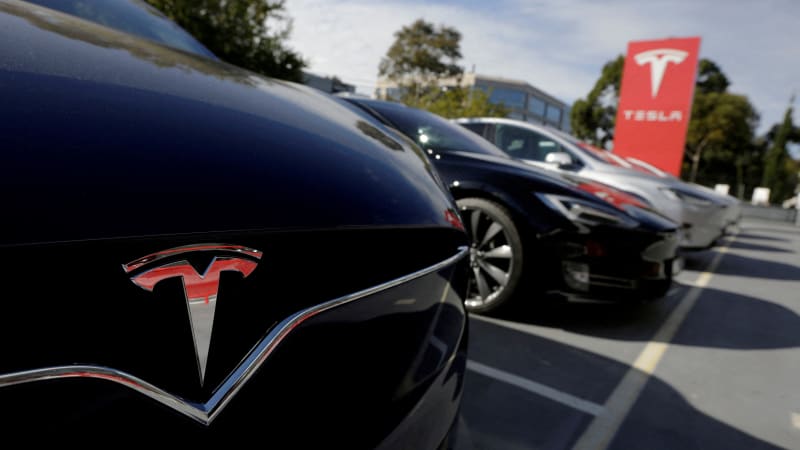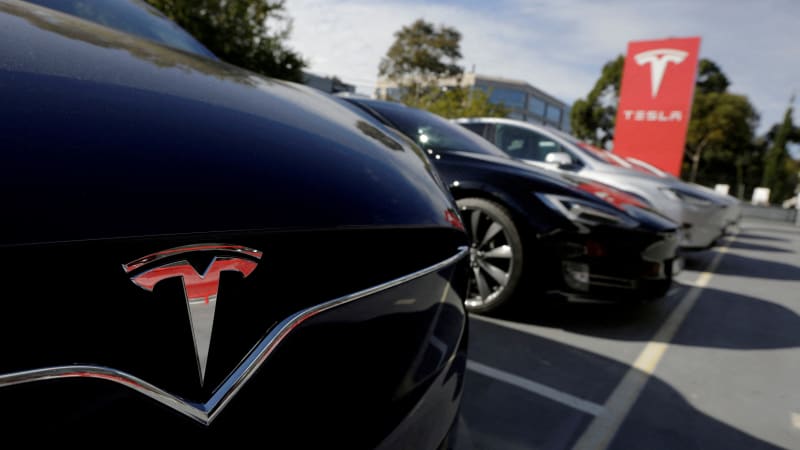[ad_1]

WASHINGTON — A group of U.S. Tesla Model S and Model X owners filed a proposed class-action lawsuit against the electric vehicle maker in California Friday over automatic software updates that reportedly decreased driving range or cause battery failures.
The lawsuit claims Tesla’s updates and their effects violate state and federal laws because they can cut driving range by up to 20% and can require some owners to replace batteries at a cost of $15,000.
Tesla did not immediately respond to a request for comment.
The lawsuit, filed in the U.S. District Court in San Francisco, argues impacted Tesla vehicles are “protected computers” under the definition outlined in the Computer Fraud and Abuse Act, and that automatic updates violate consumers’ rights under the law.
“Tesla owners and lessors are uniquely at the mercy of the maker of their cars, and Tesla imposes software updates without consent whenever their vehicle is connected to Wi-Fi,” said Steve Berman, an attorney with Hagens Berman representing Tesla owners and lessors in the lawsuit.
Attorneys for the owners say automakers generally notify customers when it wants to perform a software update but Tesla can issue automatic updates whenever the vehicle is connected to Wi-Fi.
The lawsuit said some Tesla owners have paid third parties $500-to $750 to reverse battery-related software updates.
The lawsuit claims Tesla’s updates and their effects violate the Computer Fraud and Abuse Act, the California Unfair Competition Law and the Consumer Legal Remedies Act. Attorneys say Tesla denies reimbursement to Model S and Model X owners and lessors who experience reduced battery capacity following a software update.
In July 2021, Tesla agreed to pay $1.9 million to settle claims a software update temporarily reduced maximum battery voltage in 1,743 Model S sedans, including about $400,000 in attorneys’ fees and expenses.
Owners of the vehicles received $625 each — “many times the prorated value of the temporarily reduced maximum voltage,” according to a court filing.
